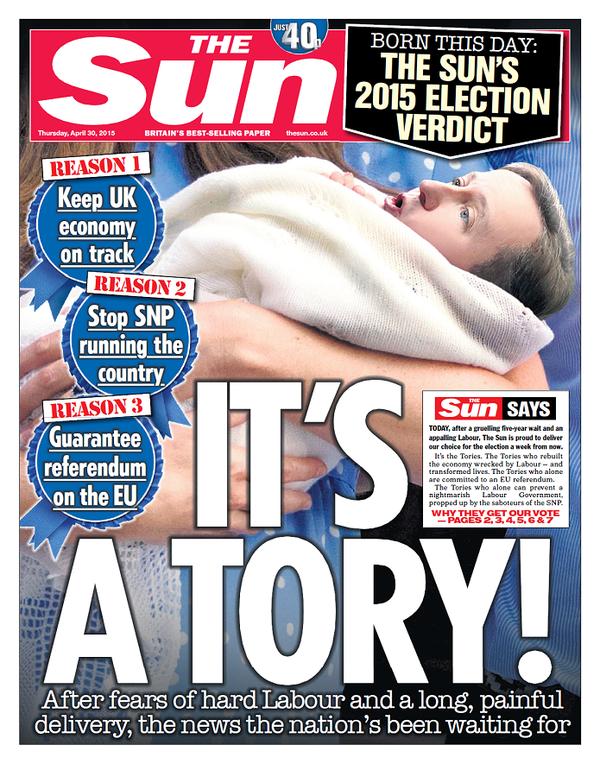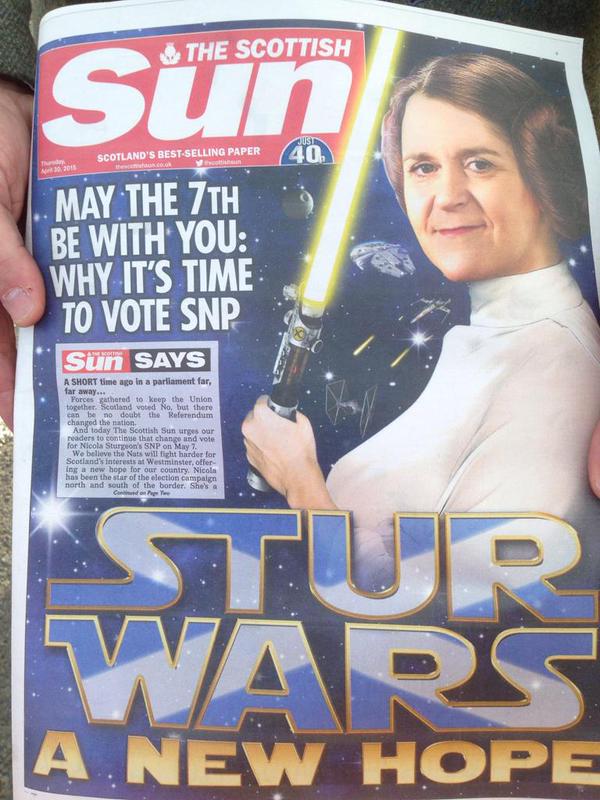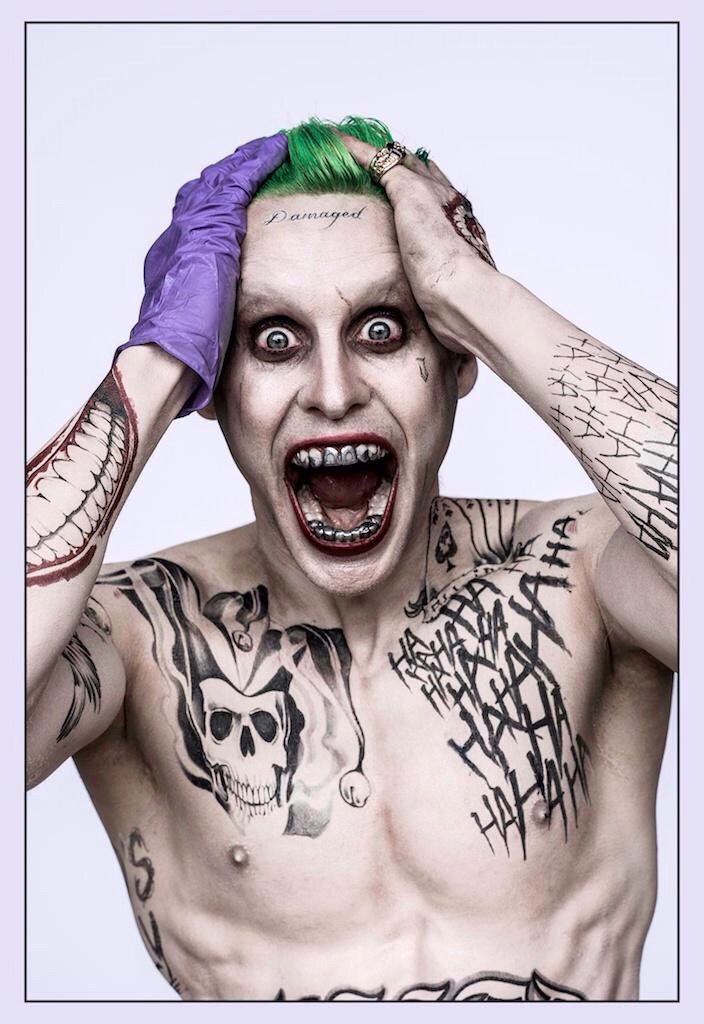The BBC have been very clear about how the make-up of the audience will be tonight so that there are no claims of bias in the audience. 25%% of the audience will be Conservative (Tory) voters, 25% will be Labour voters, 25% will be Lib-Dem voters, 15% other parties and 10% undecided. The idea is that every party leader will have a quarter of the audience on their side and 75% against them.
David Cameron, Ed Miliband and Nick Clegg will be quizzed by a BBC Question Time audience later, the final leaders’ TV event – a week before polling day.
Each leader will be questioned separately for 30 minutes but will not appear on stage together.
The broadcast from Leeds Town Hall is the last of four programmes agreed between parties and broadcasters.
UKIP’s Nigel Farage, SNP Leader Nicola Sturgeon and Plaid Cymru’s Leanne Wood will appear in separate programmes.
Most opinion polls suggest that Labour and the Conservatives have been neck-and-neck since the start of the year, and neither of the two parties is likely to win an overall majority in the 650-seat Parliament.
Thursday’s TV broadcast, hosted by David Dimbleby, will be one of the last major opportunities to get the public’s attention.
Lib Dem Leader Nick Clegg said he was not “especially nervous” ahead of tonight’s programme: “I’m sure I’ll get nervous nearer the time, I can’t spend the whole day with jangled nerves.
“I’m looking forward to it, I enjoy taking questions and giving answers as good as I can, any opportunity to tell my side of the story and the side of the story of the Liberal Democrats of which I am immensely proud. I always grab those opportunities with both hands.”
David Cameron told the Guardian he was ready to “turn up the deal markedly” in the final week of the election campaign and “let rip”. He told the newspaper: “I think we will get there. But the reason it is taking time is, quite rightly, people want to have a good look and a good think.”
But Mr Miliband accused the PM of “running away” from a head-to-head debate, telling an audience in Dewsbury, West Yorkshire: “I’m sorry David Cameron is refusing to debate me head to head. The offer is going to remain on the table until election day if he changes his mind. We should have that debate and I think that’s the debate the British people deserve.”
The special edition of Question Time will be broadcast from Leeds Town Hall and shown live on BBC One, on the BBC website and broadcast on BBC Radio 5 live from 20:00 to 21:30 BST.
‘Real audience’
Mr Cameron will be first up, followed by Mr Miliband and then Mr Clegg. They will each appear separately to face audience questions, with David Dimbleby hosting. Each leader will be questioned for 30 minutes. The questions, which will be submitted by audience members on the night, will vary between the different leaders.
There will also be separate Ask the Leader programmes. On BBC One in Scotland, SNP leader Nicola Sturgeon will take questions at 21:30 BST, and in Wales it will be the turn of Plaid Cymru’s Leanne Wood after the News at Ten.
At that time, viewers in England will be able to watch Nigel Farage taking questions from an audience in Birmingham. This programme will be shown later in the evening on BBC One in Wales.
Mr Farage, who complained about the selection of the audience in the previous TV debate produced by the BBC, said: “We will see what we get tonight with the audience. What I do know is the real audience will be sitting at home and I will do my best, albeit rather late having been excluded from the main debate, to do what I have tried to do through this whole general election campaign. That is to tell the truth, even if at times the truth is difficult to hear.”
The Question Time show is the final programme of four that were agreed after drawn-out negotiations between parties and broadcasters over the timing and line-up of this year’s election TV debates.




